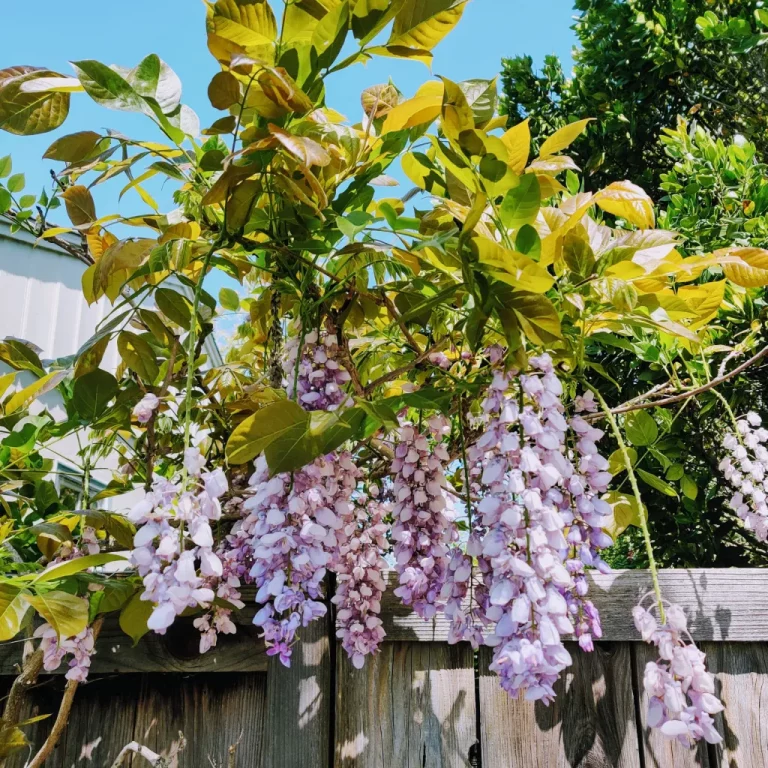When it became apparent that my husband’s drinking was “out of control,” he joined Alcoholics Anonymous. I thought, “OK, now our life will go back to normal.” When he relapsed a year later it felt like a punch in the gut. I spiraled into dark thoughts: “Why isn’t this working? Are we doomed to repeat this cycle?” Since I had been keeping his drinking secret for years, I felt alone and hopeless.
“Going through my own Twelve Steps while my husband went through his provided a new language to understand each other.”
I confided in a friend, who invited me to join Al-Anon and connected me with other members who listened to me – a complete stranger! They were so gentle with my hurting heart. I kept asking the same question: “What do I do now?” I was used to the idea that DOING something would “fix” it. Hasn’t that always been my way?
But Al-Anon offered a different path. Through readings, I gained a better understanding of alcoholism. In meetings, I was able to talk without being judged, and to practice listening without judgment. Going through my own Twelve Steps while my husband went through his provided a new language to understand each other. We had a common goal: to each work on our own defects without forcing the other person to bend to our will. I was able to see that no one had to “do” anything. Forcing solutions was a part of the problem.
Gradually we realized that each of us struggled with the long shadow of generational trauma from alcoholism and codependency. This new perspective on our family members has given us the strength to let go of past grievances. Just as I couldn’t control my husband’s drinking, I can’t control my grandparents, or my parents. I can only work on my own response and let go of the rest. I am so grateful for the clarity and sense of peace that comes from this realization.
by CFM, Berkeley CA








